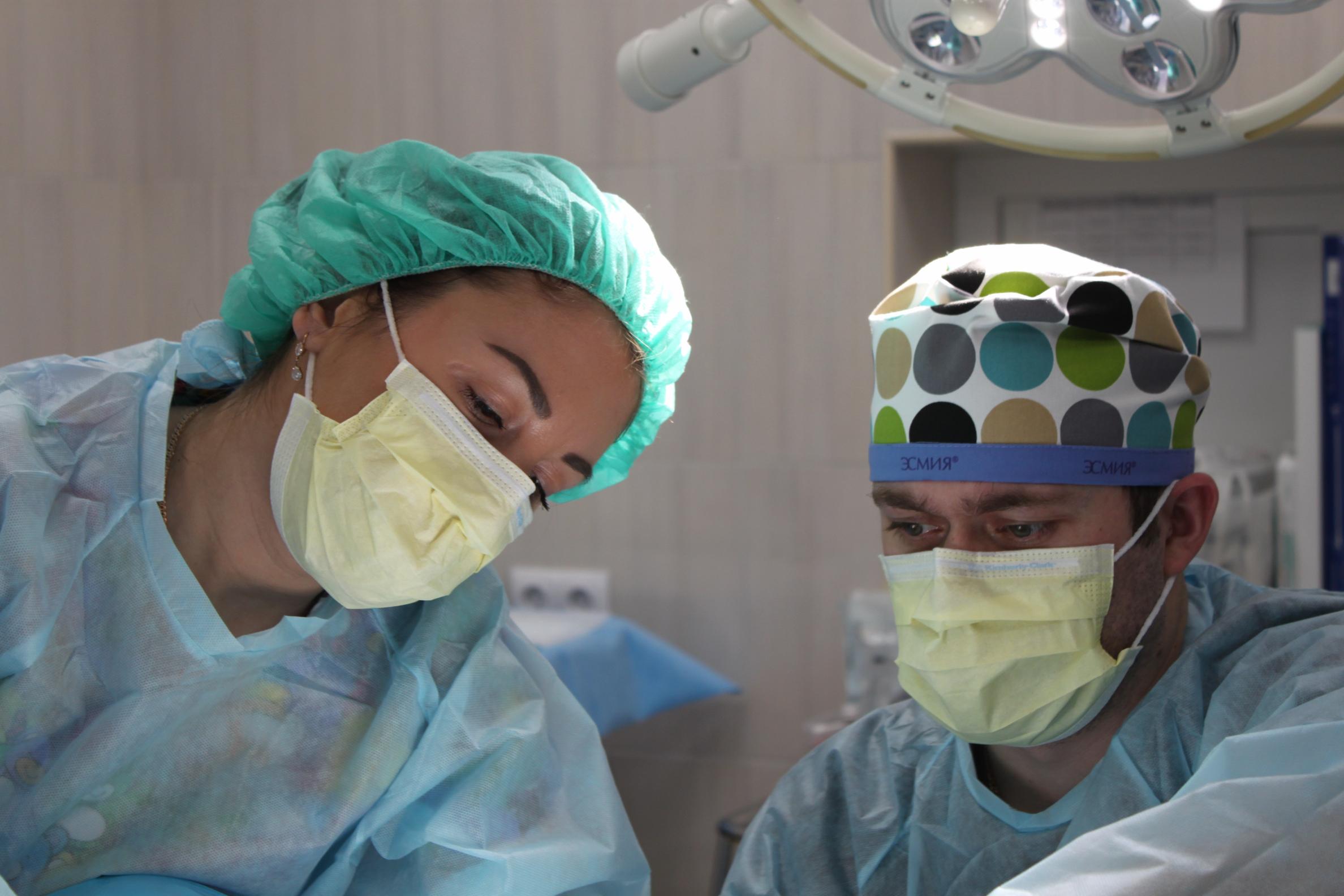
With the risks and costs involved in a gastric bypass surgery, it’s normal to ask, “Is gastric bypass surgery worth it?” To help you answer the question, it’s best to keep your expectations real. What happens after your weight loss surgery?
Initial Changes
Due to the nature of the surgery, doctors give general anesthesia to patients. It, therefore, takes a few hours before you wake up. It’s not unusual to feel pain on the area of the surgery, so doctors will also prescribe painkillers. Furthermore, because it’s a wound and hence prone to infection, you need to take some antibiotics. During your stay in the hospital, your medical team will monitor your progress, including the wound’s healing.
Fortunately, it’s now possible to do a weight loss surgery through the laparoscopic method. It means the doctors make only a small insertion on your abdominal area and then insert a laparoscopic device. It is a tool that comes with a small camera to capture the area for operation in real time and a light for illumination.

Laparoscopic surgery is associated with fast recovery and less chances of complications.
There will be a huge change in your diet from now on. You begin with no food right after your surgery. Then over the course of a few weeks, you can now introduce soft food until you can eat solid food.
Changes in the Body
It’s not only your stomach that has to undergo changes. In fact, your entire body does. First, how much weight are you going to lose? Many people think they will get rid of all their excess weight as soon as the surgery is over.
On the average, the surgery will reduce your extra weight by as much as 60 percent. You should be able to lose the remaining ones by sticking to your new diet and increasing your physical activity.
Studies have also shown gastric bypass surgery changes the hormones in the intestines, which control your urge to eat. Their level usually goes down significantly, suppressing your appetite. And because your stomach is already small, you will feel full quicker and, thus, consume fewer calories.
Nevertheless, your entire body will adjust to the drastic changes. You may experience hormonal imbalances and their consequences, which include dry skin, thinning hair, and mood swings. The surgery may also reduce your ability to absorb and use certain important nutrients like folate, vitamin D, and calcium, so you’d need to supplement your diet.
It’s also possible to form gallstones and suffer from constipation due to your weight loss surgery.
Risk of Complications
With better training and equipment, gastric bypass surgery has become more efficient and safer. Only 5 percent of the patients can develop serious complications, which include diarrhea with blood and embolism, which is very rare. Working closely with your doctors, as well as following their instructions on taking care of your wound, should prevent these risks.
Is gastric bypass surgery worth it? It’s a case of benefits outweighing the costs. With the procedure, you can enjoy a healthier, more productive life. Learn more about the procedure at https://healthcare.utah.edu/bariatricsurgery/.
Is gastric bypass surgery worth it? Learn more about the procedure and know what to expect so you can decide if it’s best for you.



